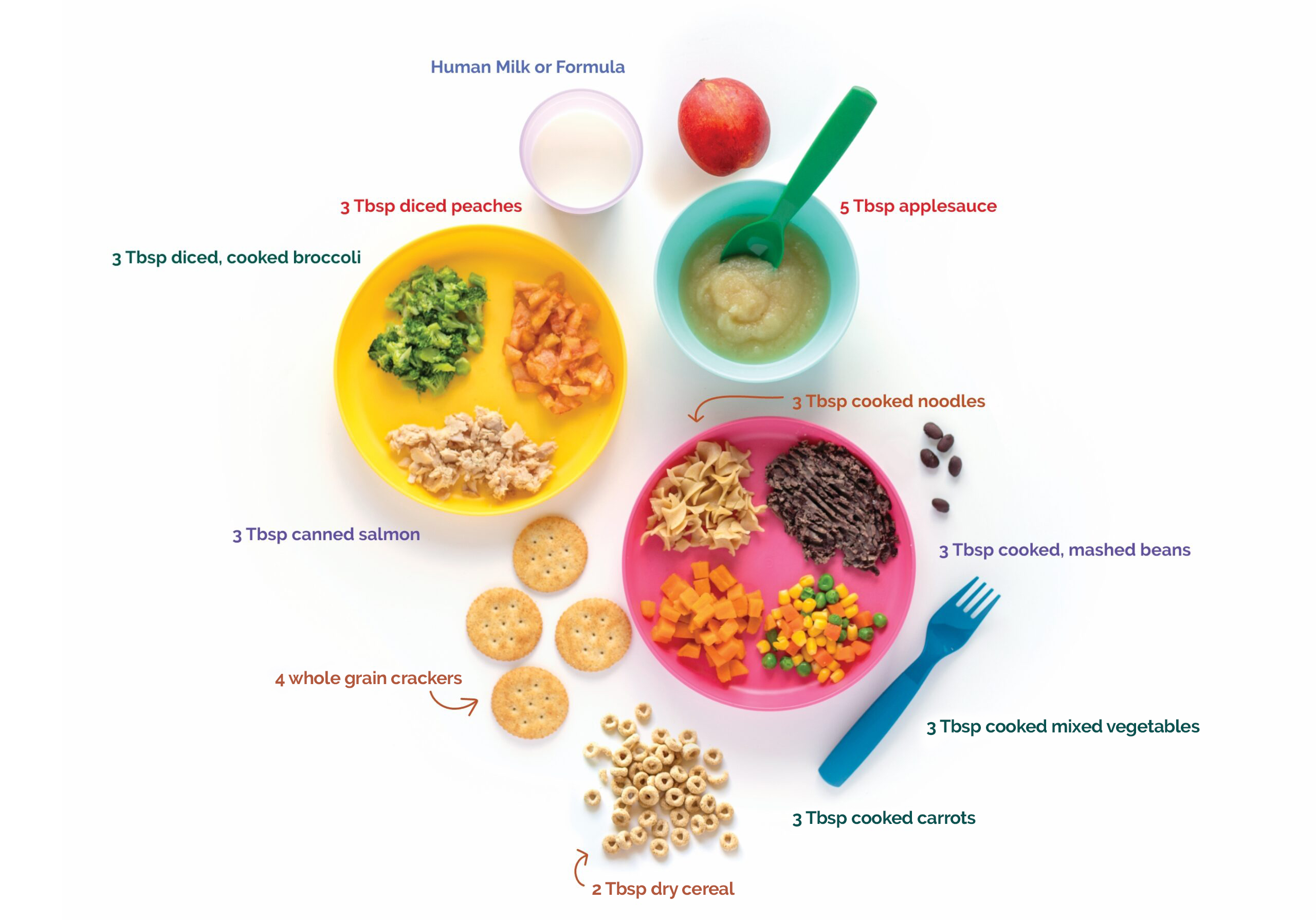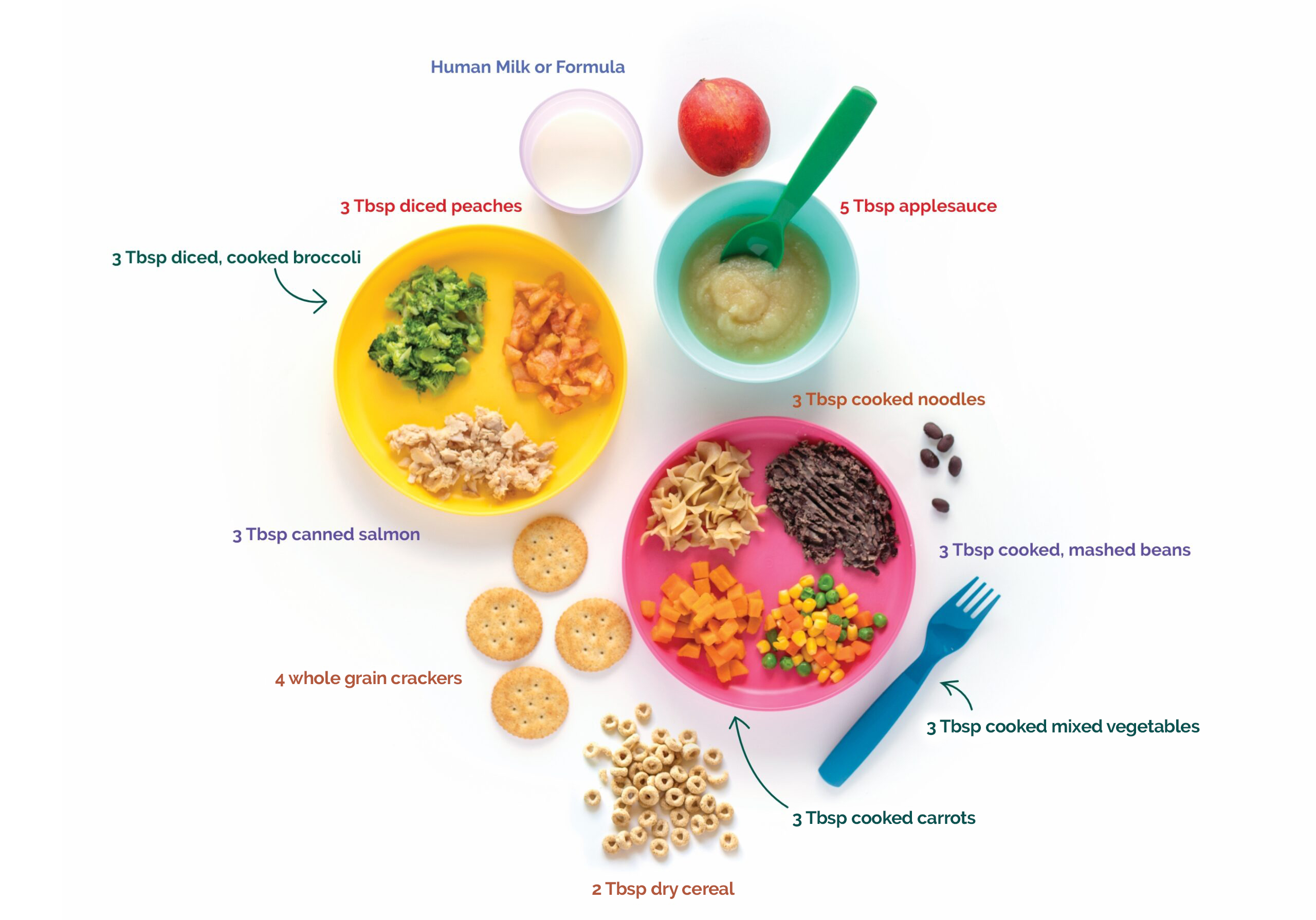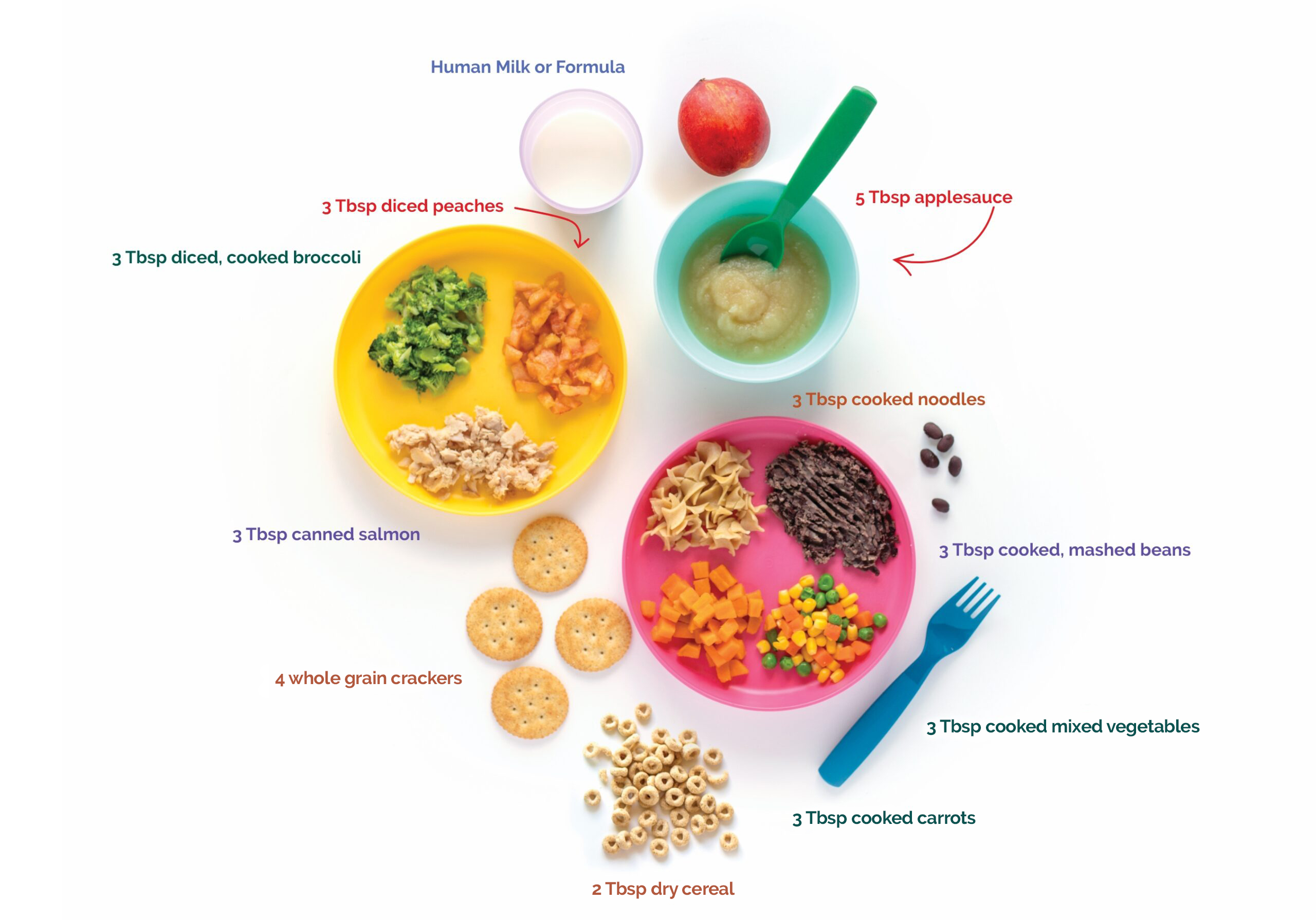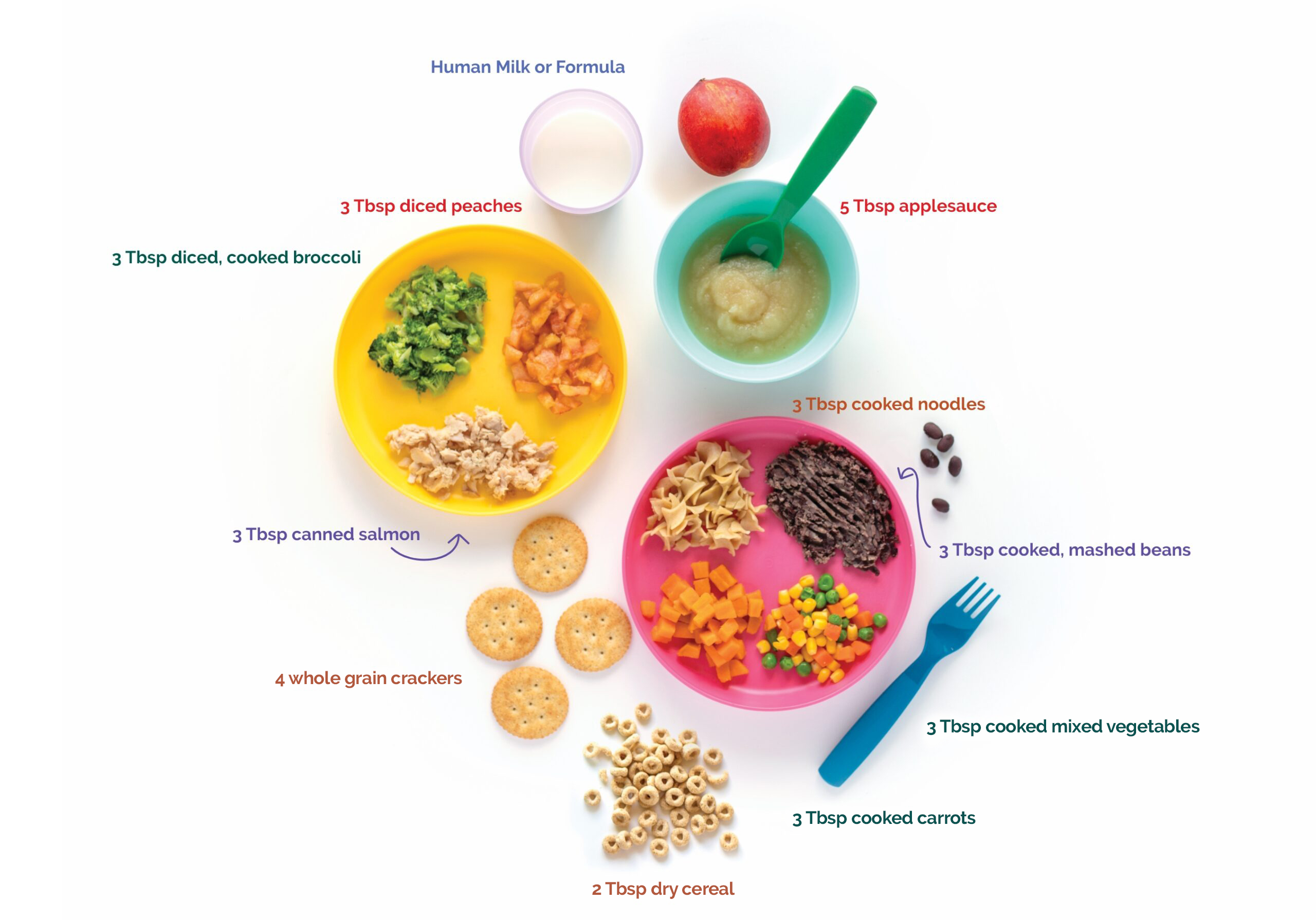Having a new baby and learning to breastfeed can be stressful.
Listen to your body when you are feeling stressed. Take care of yourself and be kind to yourself. Find healthy ways to ease the stress you’re feeling.

Surround Yourself with Supportive People
It really does take a village to raise a child. Let family and friends help you with housework or hold your baby while you sleep, rest, or take a bath. Chances are they want to help, and you deserve a break!
Relax
Find a quiet, comfortable, relaxing place to nurse. Feeling relaxed when breastfeeding is more enjoyable for you and your baby. Use this time to bond with your baby, listen to calming music, meditate, or read.

Did you know?
Breastfeeding can help you relax and handle stress better. Skin-to-skin contact with your baby has a natural soothing effect.

Sleep
If you get enough sleep, it’s easier to stay healthy – both physically and mentally. Try to sleep whenever possible.
Get Moving
Physical activity improves your mood. Your body makes certain chemicals, called endorphins, when you exercise. These relieve stress and improve your mood. Ask your healthcare provider when it is okay to start exercising after giving birth.


Get Help from a Professional
A therapist can help you work through stress and find positive ways to deal with problems.























